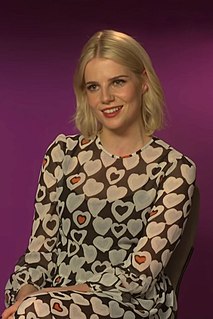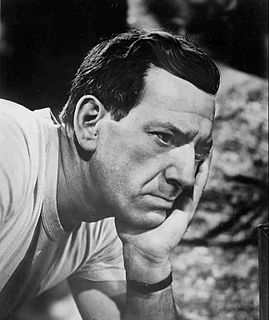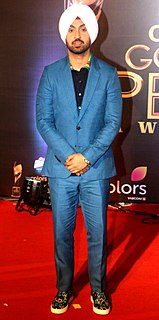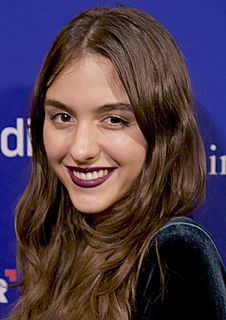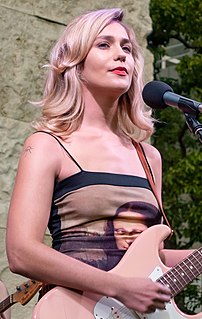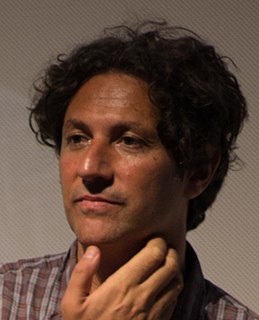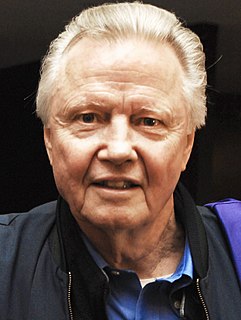A Quote by Lucy Boynton
I think it makes such a huge difference when the director has acting experience as well because it just means that he not only has a view of the film as a whole and the intentions of the scene in terms of the audience, he also has an actor's instinct of how to communicate something to us.
Related Quotes
I'm not a huge fan of 3-D, though. Honestly, I think that movies are an immersive experience and an audience experience. There's nothing like seeing a film with 500 people in a theater. And there's something about putting on 3-D glasses that makes it a very singular experience for me. Suddenly I'm not connected to the audience anymore.
The only tool we have as artists is selectivity. If you're a painter, you select the color, the lines, how severe they should be. As an actor you develop how angry you should be. You select how angry you should be. You listen to the other actor and then you react. In film, sometimes the other actor isn't even there. You have to play the scene. What I do is I call on my experience on the stage. I play the scene and I hope that I reach a certain level of integrity because that's what I learned on the stage.
I think coming off of "Blame", I've been talking a lot about directing. It's something that I really love and connect with. I truly consider it what I was born to do. That kind of loops in with filmmaking on the whole, because when you create something, you're also wearing a lot more hats than just director. At the same time, I also think acting is something that's very powerful in my life.
I think one of the things you have to be aware of as an actor is that if you come on the set and see the director standing there mouthing all the words while a scene is going on, that's usually a very bad sign because it means the director has already shot the scene in his head. He knows exactly the rhythm and the nuances that he wants delivered in the line and you're not going to dissuade him.
You don't have that interaction with the audience when you're acting for film; you're kind of acting in a vacuum. You're acting for a disinterested grip who just wants to reply to his wife about what time he'll be home for dinner. Everyone else on a film set is also there because they're paid to be there. They're not there because they're passionate about what you do necessarily.
The first thing I say when people ask what's the difference [between doing TV and film], is that film has an ending and TV doesn't. When I write a film, all I think about is where the thing ends and how to get the audience there. And in television, it can't end. You need the audience to return the next week. It kind of shifts the drive of the story. But I find that more as a writer than as a director.
